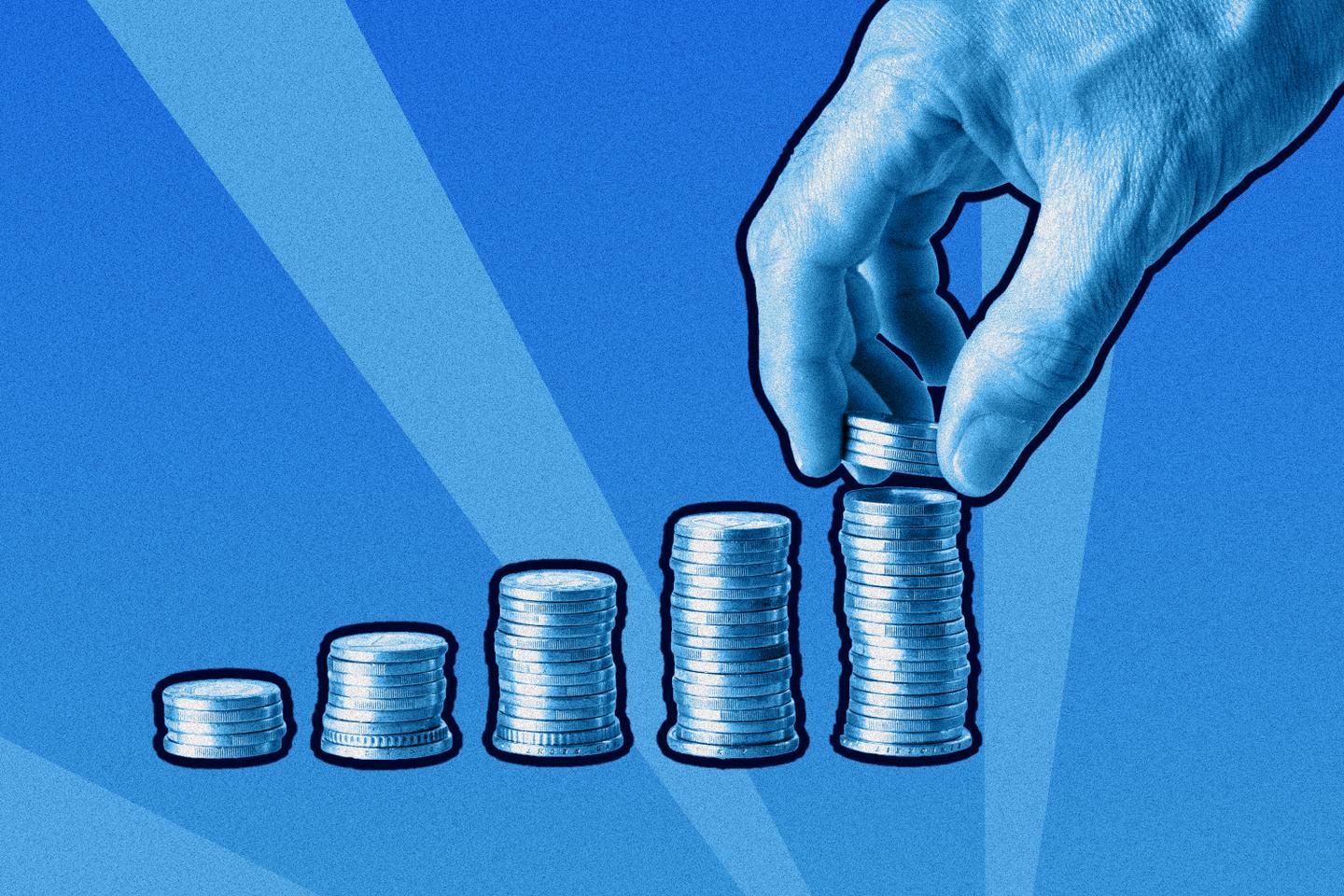


Little more was revealed about the platform of France's Parti Socialiste (PS) after its congress in Nancy (northeast), which concluded on Sunday, June 15. But inspiration might come from across the Channel. After all, former prime minister Edouard Philippe, leader of the center-right Horizons party, makes no secret of drawing inspiration from Margaret Thatcher in his book Le Prix de nos mensonges ("The Price of Our Lies"), published in June.
After 14 years in opposition, the Labour Party, led by the highly moderate Keir Starmer, has returned to power with a large parliamentary majority. For tourists in 2027, the most striking change will be the unified rail network under the name Great British Railways. Britons had long endured a system plagued by chronic failures, despite paying the highest fares in Europe and receiving public subsidies, due to its fragmentation among a multitude of private companies. Nationalization is set to change that. The government plans to invest heavily in regional trains, reduce subsidies and keep fares steady.
The Conservatives left behind a severely deteriorated fiscal situation. In response, Labour has set a clear course: increase taxes to avoid austerity and refrain from imposing cutbacks on public services. In France, the current government is tempted to do the opposite – cutting public services to avoid raising taxes. Clearly, the two sides of the Channel are not speaking the same language!
The new funding sources identified by Rachel Reeves, the chancellor of the exchequer (the British equivalent of finance minister), will affect both households and businesses. In addition to taxing private jet flights, one key measure concerns private education. In the United Kingdom, public funds are almost exclusively allocated to public schools; private school teachers are not paid by the government. As a result, there are half as many children enrolled in private schools, and parents pay on average €25,000 per child annually. In Paris, enrolling a child at the prestigious Collège Stanislas – which receives generous subsidies, notably from the Ile-de-France region – costs only about €2,000.
You have 48.23% of this article left to read. The rest is for subscribers only.
